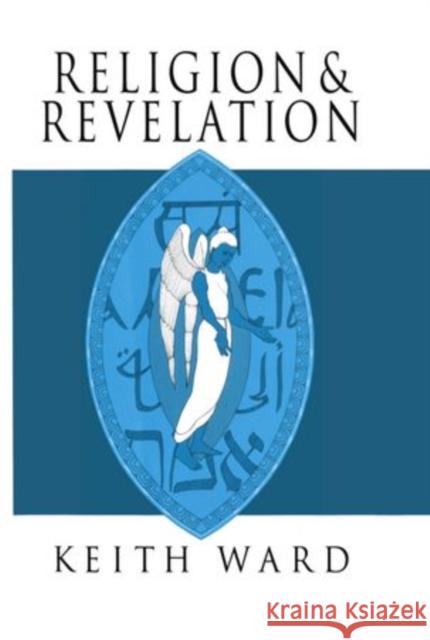Religion and Revelation » książka
Religion and Revelation
ISBN-13: 9780198264668 / Angielski / Twarda / 1994 / 360 str.
Since first Thomas Aquinas defined theology as revelation, or the rational elucidation of revealed truth, the idea of revelation has played a fundamental role in the history of western theology. This book provides a new and detailed investigation of the concept, examining its nature, sources, and limitations in all five of the major scriptural religions of the world: Christianity, Judaism, Islam, Hinduism, and Buddhism. The first part of the book discusses the nature of theology, and expounds the comparative method as the most useful and appropriate for the modern age. Part Two focuses on the nature of religion and its early historical manifestations, whilst the third part of the book goes on to consider the idea of revelation as found in the great canonical traditions of the religions of the world. Part Four develops the distinctively Christian idea of revelation as divine self-expression in history. The final part of the book discusses how far the idea of revelation must be revised or adapted in the light of modern historical and scientific thought, and proposes a new and positive theology of revelation for the future. The book includes discussions of the work of most major theologians and scholars in the study of religion - Aquinas, Tillich, Barth, Temple, Frazer, and Evans Pritchard - and should be of interest to many scholars and students of comparative religion and theology, and anthropologists.
Revelation is a fundamental concept in practically every religion. This important new book, by the leading theologian Professor Keith Ward, provides the only complete analysis of the idea of revelation as found across all five of the great scriptural religions of the world: Judaism, Christianity, Hinduism, Buddhism, and Islam. The author examines the nature, sources, and limits of revelation, and its relevance in the modern world today.











